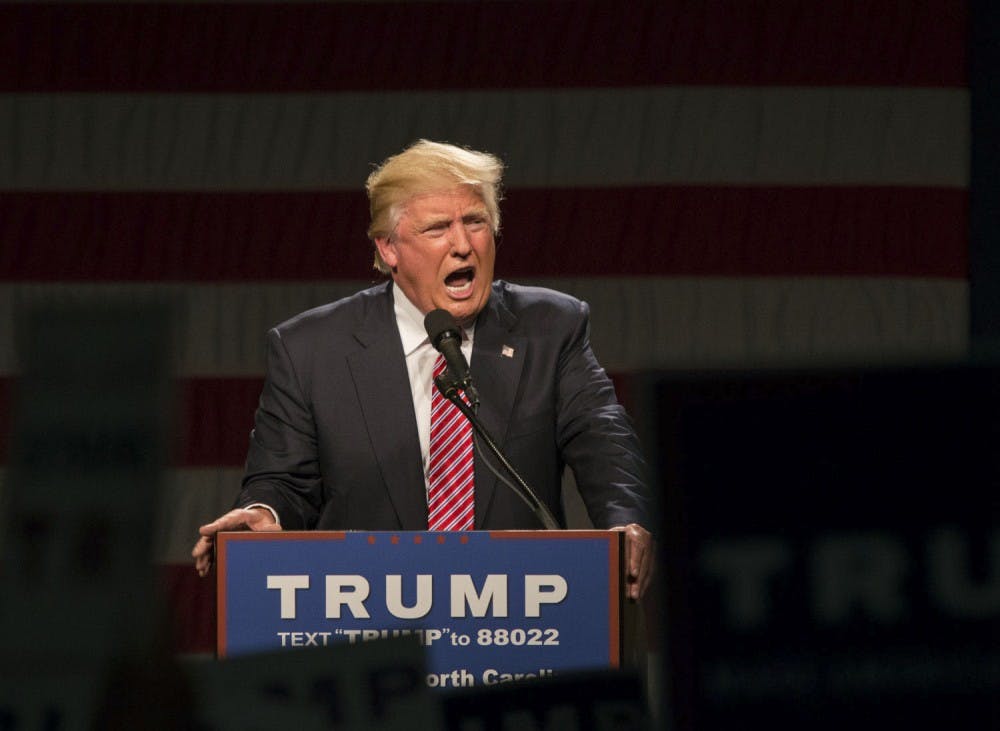The U.S. political climate was a significant factor in recent law school application increases and a reason why some aspiring lawyers decided to apply to law school, as shown by the results of two surveys released by Kaplan Test Prep.
Jeff Thomas, executive director of pre-law programs at Kaplan Test Prep, said there was an increase in the number of applicants to law school during the last application cycle, which includes students who applied during the fall of 2017 through the summer of 2018 for a seat in classes that began the fall of 2018.
“We saw a 10 percent increase in the number of applicants to law school this year – that is the biggest year-over-year increase we have seen in law school admissions process in over a decade,” Thomas said. “And so, it was an outside increase year over year, and there was a lot of speculation as to why that was and as the survey pointed to, politics was speculated as that reason.”
Kaplan's first survey, conducted by phone between August and September 2018, asked admissions officers to report how significant a factor they believed the current domestic political climate played in the past cycle’s application increase.
Kaplan Test Prep reached out to 200 law schools nationwide. Thomas said 121 of the 200 law schools contacted participated in the survey.
The results show that 87 percent of admissions officers believe that the current domestic political climate was a "significant factor" in the past cycle’s application increase, including 30 percent of officers who report that it was a "very significant factor."
“It was a speculative question for sure based upon their review of applications,” Thomas said. “And every law school’s application contains a personal statement, for example, so you get a sense over the course of reading an application’s cycle worth of applicants or applications. You get a sense of sort of what are the themes that are motivating the desire to apply to law school and politics, or the interest in getting involved in politics, was something that was cited very frequently in folks’ law school applications relative to prior years.”
To reconcile for the speculative nature of the first survey, Thomas said Kaplan Test Prep conducted a second survey with pre-law students to gauge the extent of politics as a key driver in impacting students’ decision to apply to law school.
Last month, 146 pre-law students who had taken a Kaplan LSAT course and sat for the LSAT were surveyed online and asked whether the current domestic political climate impacted their decision to apply to law school.




